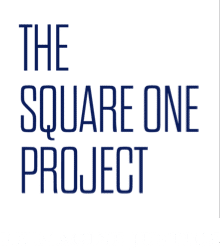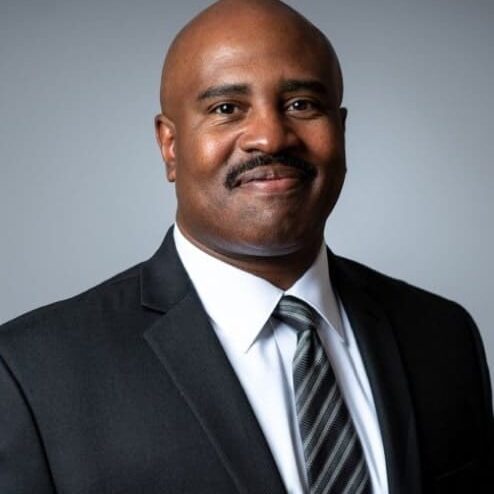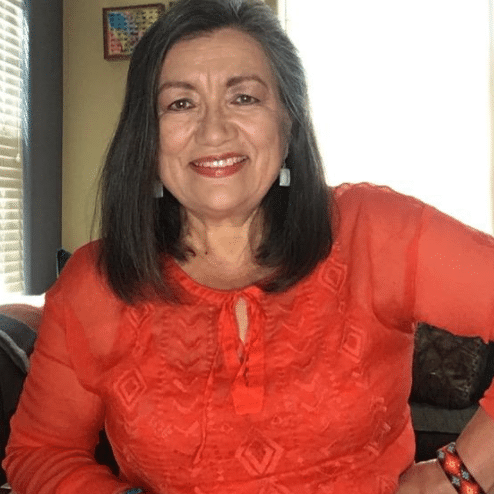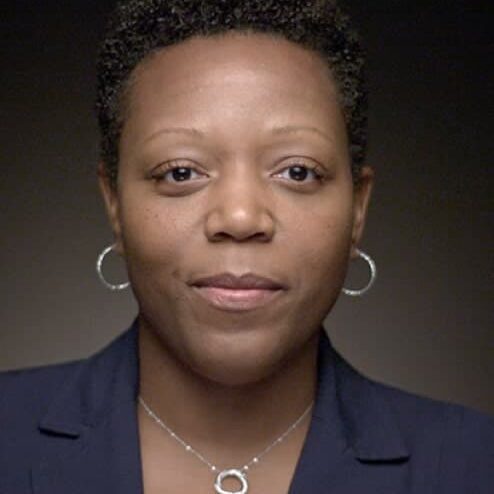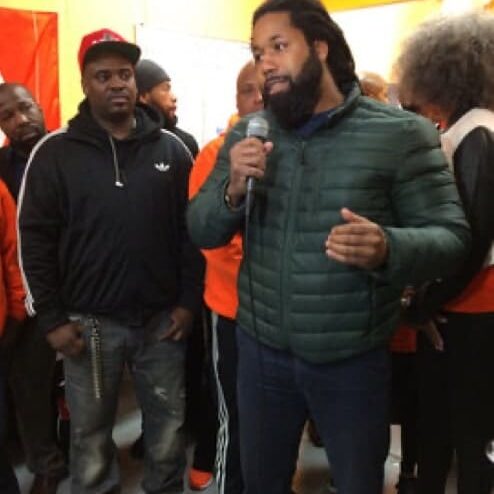APRIL 2021 | Roundtable on the Future of Justice Policy The Values of the Justice System: Implications for Justice Policy and Practice
Introductory Evening
April 15
At our opening event, participants introduced themselves and answered the following question: "What values are the most important to you in this moment?" View the recording below to see their answers and the conversation that followed.
SESSIONS 1 and 2
April 16
The Role of Values
In recent years, many in the United States have begun to seek ways to increase safety and lessen harms within the system: reentry supports, jail diversion programs, reversals of some long mandatory sentences. Focused on the practical tools available, and working within the political constraints of elections every few years, these efforts are beginning to change the discourse, policy, and practice around justice and justice reform. But conflicts and inconsistencies arise from this narrowly scoped focus. Reacting to a narrowly defined problem with a narrowly drawn response has shirked the core task of reckoning with the justice system and with the damage it has wrought.
Without serious consideration of lessons from the past or possibilities for the future, the potential for impact is limited and we risk the repetition of past mistakes and missteps. What is the role of values in breaking out of these constraints? Would a focus on our shared values allow us to foundationally reimagine justice and achieve safety for all?
Panelists
The Values of Justice
Values can guide decision making for both institutions and individuals — about what policies should be set, what practices are acceptable, what budgets should look like, and more. Square One has identified organizational values that include anti-racism, racial reckoning, human dignity, redemption, parsimony, and healing and recovery. Do these values answer the call? How are they reflected in the day-to-day work of achieving safety and justice?
- How can shared values be used to evaluate the efficacy of particular policies and practices?
- What are the indicators that tell us whether these values animate and guide the pursuit of justice?
- What are examples of the successful actualization of our values of justice?
- What do we do when the values themselves conflict with each other?
Opening Speakers
Sessions 1 and 2 Video
Roundtable participants discussed the disconnect between the words we say and the actions we take, what values in action looks like, and more in the first full day of Roundtable conversations. For the final closing discussion following the small group breakouts can be found here.
EVENING KEYNOTE: A conversation on Reckoning with the Justice System
April 22
Featuring
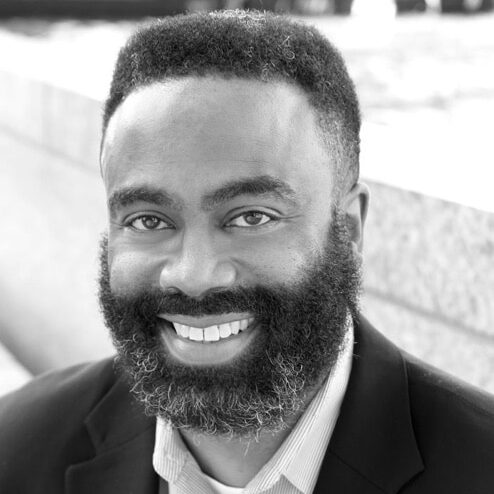

Daryl Atkinson (Founder and Co-Director of Forward Justice) joined Marlon Peterson (Host of the Decarcerated Podcast; Founder and Chief Re-imaginator, The Precedential Group) for a discussion on reckoning with the values of the justice system.
SESSIONS 3 and 4
April 23
The Irreducible Minimum and Abolition
The role of government — local, state, and federal — in creating safety and responding to harm in the United States is complex in its history and functioning and has created enormous tension when considering what civic functions should be maintained as a public good, how state power should be exercised and how it should be constrained, and whether the illegitimate misuse of the criminal justice system requires its abolition in favor of the institution of something categorically different.
In order to address this and reimagine justice free of racism, classism, and other forms of domination and degradation, we must start with the values that guide us, and then determine what functions are legitimate in pursuit of those values. The reimagining process separates the legitimate and illegitimate aspects of the system, and allows us to determine whether or not there is legitimate “irreducible minimum'' to the justice system - and if so, what that irreducible minimum is.
Opening Speakers
Operationalizing the Values of Justice: The Guiding Principles
Building from the previous discussion on the test of values, we must examine guiding principles — the mechanisms that will put the organizational values into practice. They can guide decision-making for both institutions and individuals such as what policies should be set, what practices are acceptable, what budgets should look like, and more.
- What are the guiding principles that put the organizational values into practice?
- How do we measure the success of the implementation of our new values? What are the milestones for success?
- Are there places where these principles are practiced yet still fail to reflect our values?
Presenter
Session 3 Video
The Roundtable on the Future of Justice Policy continues with a session on The Irreducible Minimum and Abolition led by Marcia Rincon-Gillardo, Jonathan Simon, and Nneka Jones Tapia.
The day's conversation continued here.
SESSIONS 5 AND 6
April 30
Justice In New York
There have been significant community- and city-led efforts in New York to reimagine justice by
introducing and incorporating a different set of values along with solutions for safety in efforts to
promote community responses to public safety and to address the challenges of the current criminal justice system.
- How are these values already gaining traction and how is the progress maintained, becoming entrenched, and expanding?
- What are the hurdles in New York, and how do these affect the institution of a new value system for the community and justice system?
- What unintentional harms have arisen from these values and how were they identified and addressed?
- What are the ideas of young people, and how were they brought in as equal partners?
Aspirations for the Values of Justice
Promising practices and solutions exist that radically change the values and principles of justice, and have already gained ground in the justice system and in the ways communities create and manage safety.
- What can we learn from communities that have made headway or already established community safety practices?
- Who is responsible for putting values into practice?
- What does success look like and how is it measured?
- What values and principles are used to organize (eg. inclusion, power sharing)?
- What are their successes and their challenges?
- How can we learn from and amplify their work?
